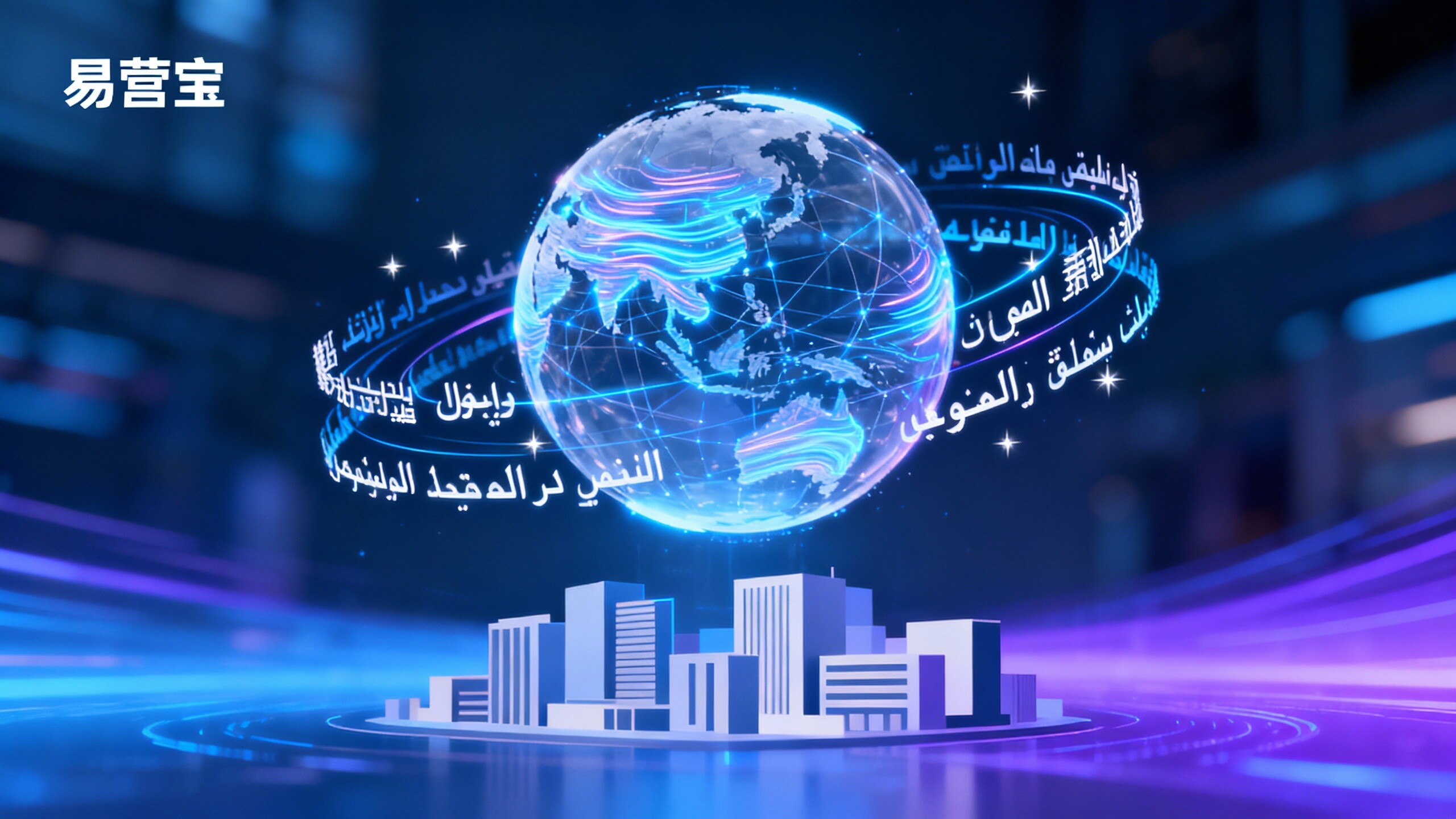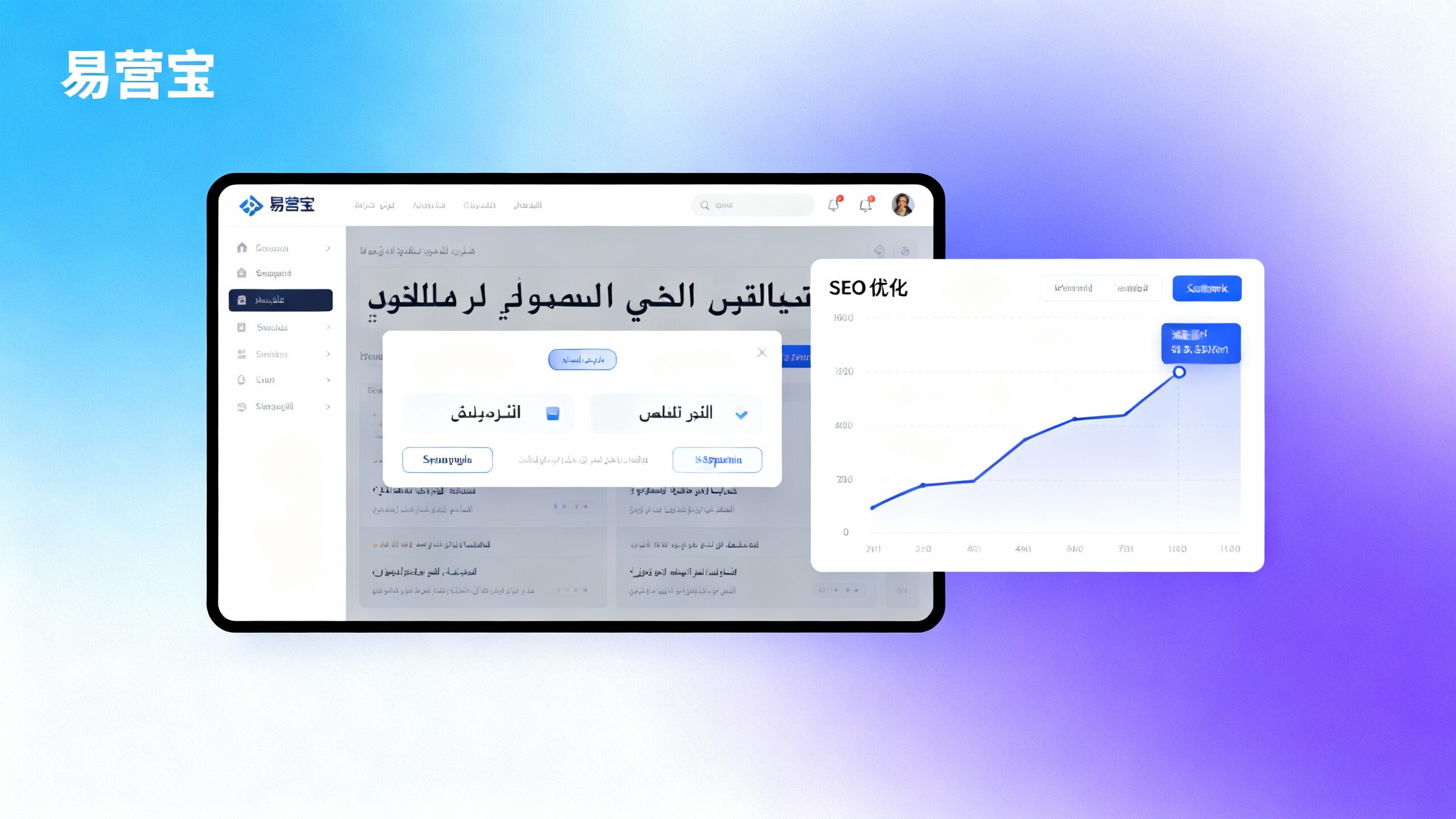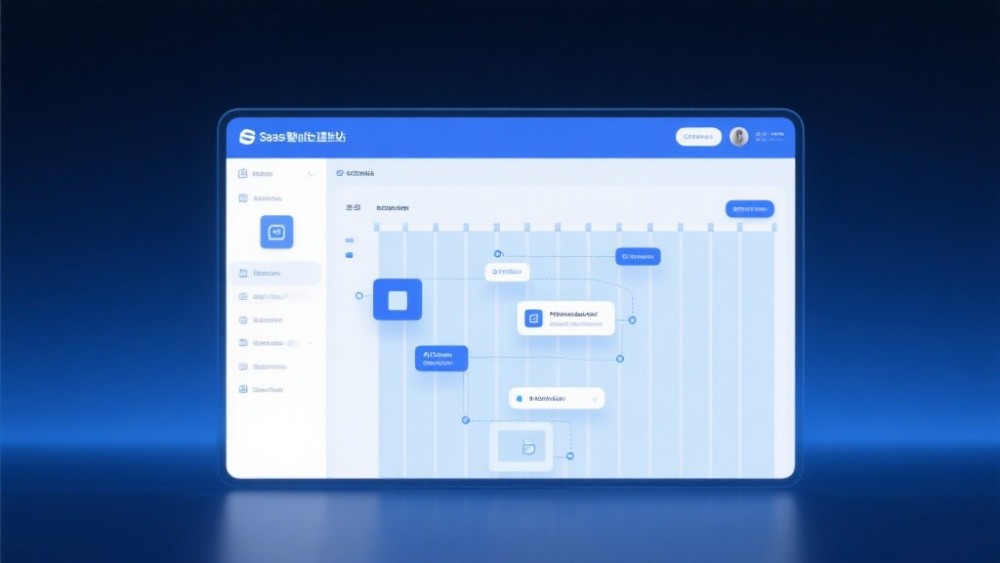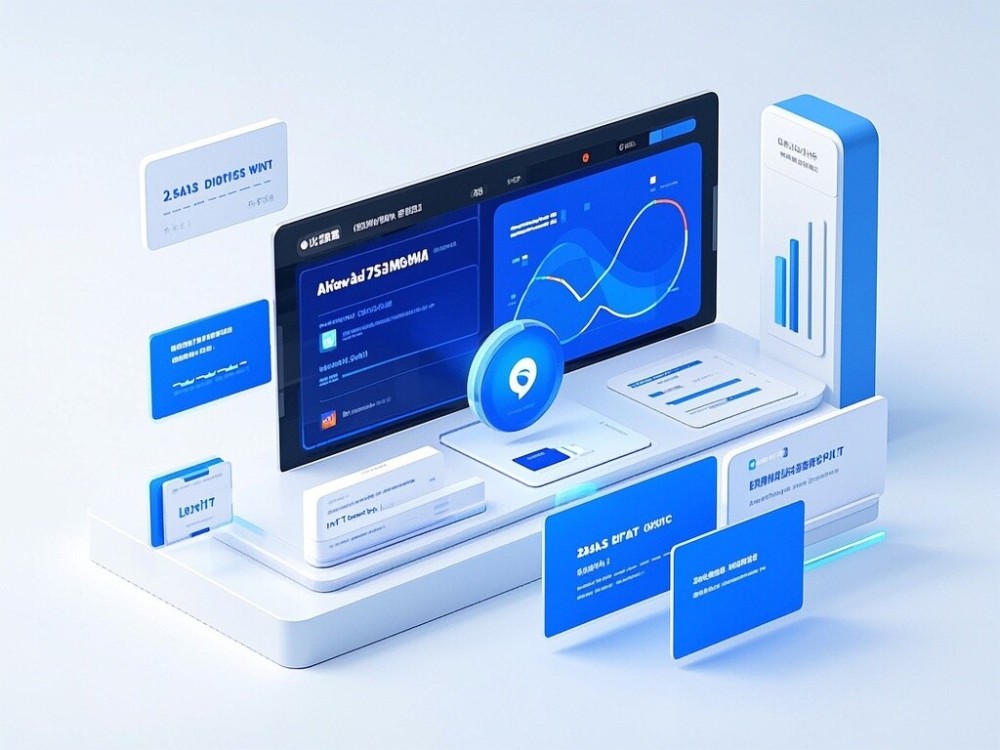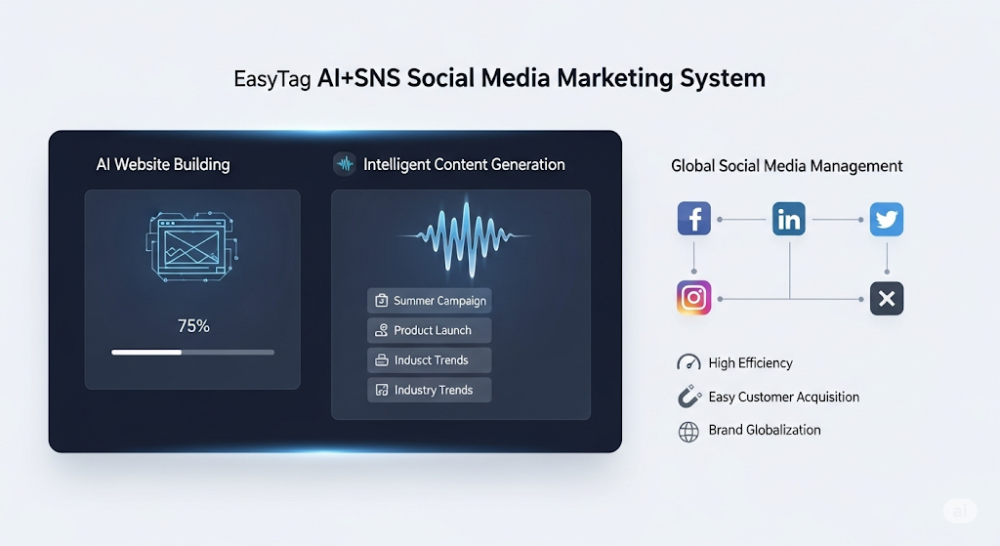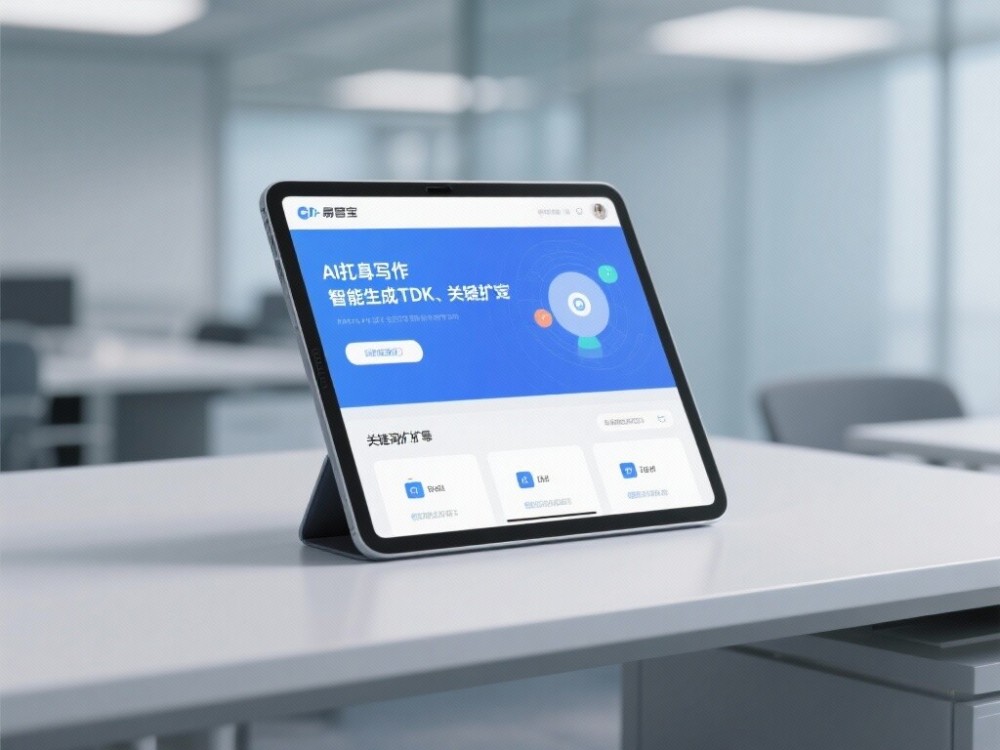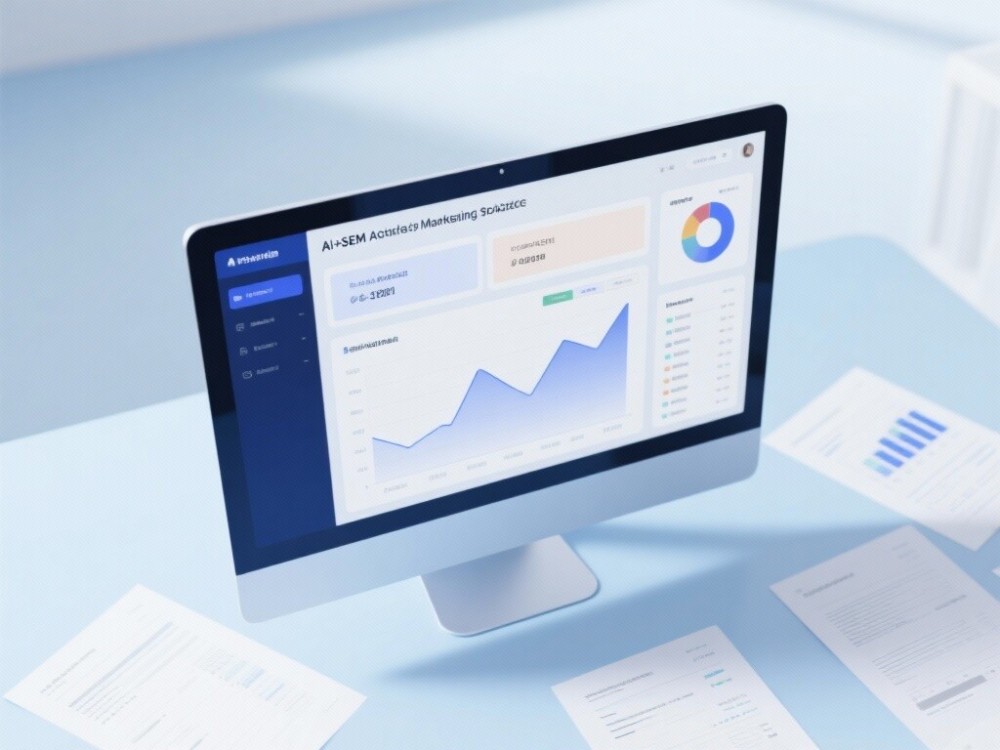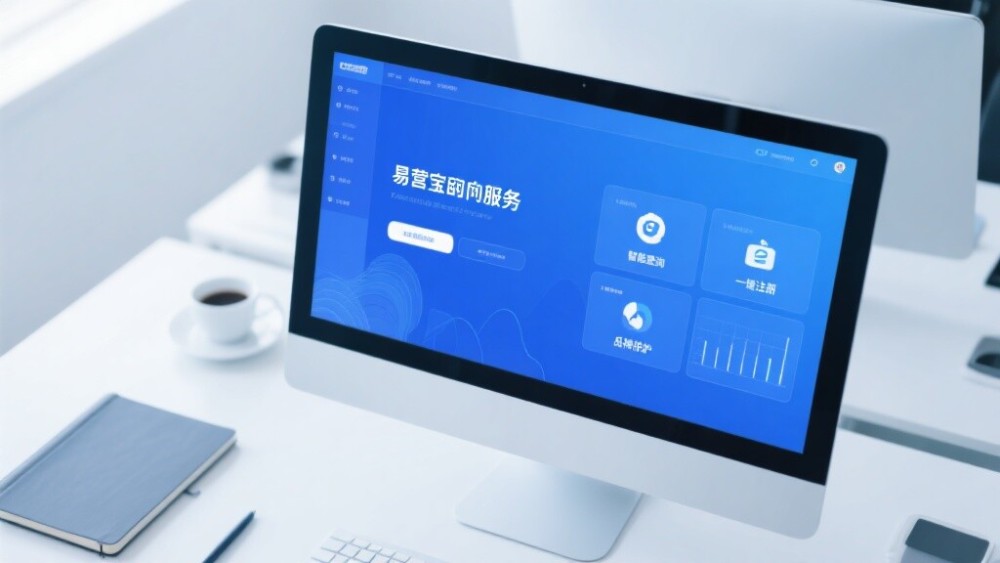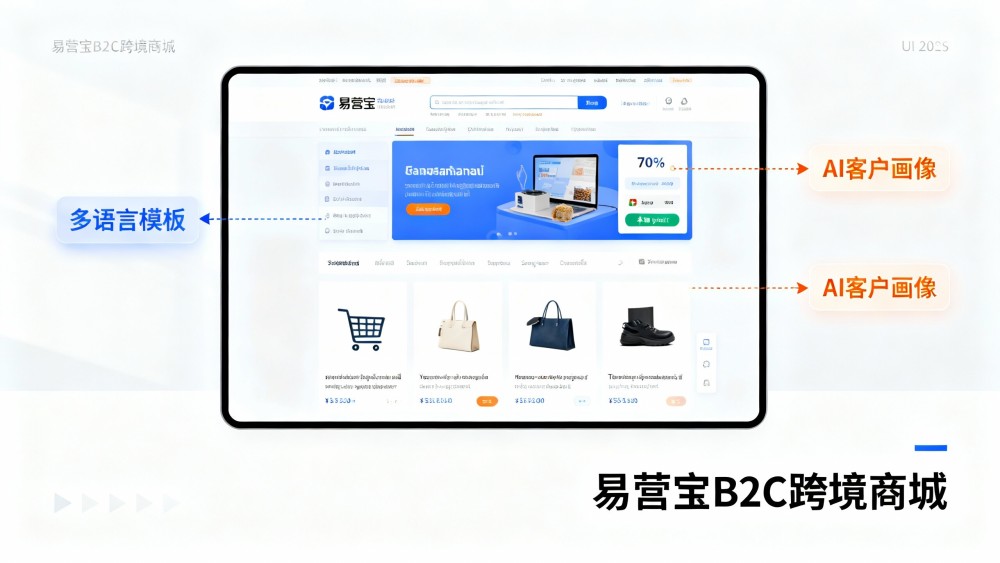- How does EasySales B2B platform help companies reduce customer acquisition costs? 2024 latest data analysis2026-01-12View details
- 2023 China Smart Website Market Research: Analysis of Multilingual Website System Demand Growth2026-01-12View details
- Real User Sharing: YIYINGBAO Usage Experience and Website Effectiveness Evaluation2026-01-12View details
- Intelligent Website Platform Competitive Analysis: Core Differences Between EasyYunbao and Mainstream Domestic Website Systems2026-01-12View details
- 2024 Google Ads vs. Facebook Advertising Cost Comparison: How B2B Businesses Can Choose the More Cost-Effective Option2026-01-09View details
- YouTube Video Marketing Trends 2024: 3 Key Strategies to Boost Conversion Rates2026-01-12View details
- SEO+SEM Integrated Marketing Case Study: How a B2B Company Doubled Its Traffic2026-01-09View details
- Yandex.Promotion vs. Google Ads: Which Should You Choose for Advertising in the Russian Market?2026-01-09View details
Enterprise Multilingual CMS vs. Regular Website Builders: Where Does the Gap Lie?
The fundamental difference between enterprise-grade multilingual CMS and ordinary website building tools lies in their ability to support global growth. EasyCreation's AI-driven global website building SaaS platform integrates a multilingual foreign trade website building system, cross-border SEO optimization, and an intelligent marketing engine, helping businesses efficiently expand into overseas markets. For information researchers and frontline operators, choosing a website building solution with true scalability, technical depth, and localization capabilities has become a key factor in determining the success or failure of overseas expansion. Ordinary website building tools may meet basic display needs, but they often fall short in areas such as multilingual management, in-depth SEO optimization, and cross-regional performance assurance. Enterprise-grade multilingual CMS, on the other hand, focuses on architectural flexibility, intelligent data integration, and global service capabilities, building a sustainably evolving digital marketing infrastructure.
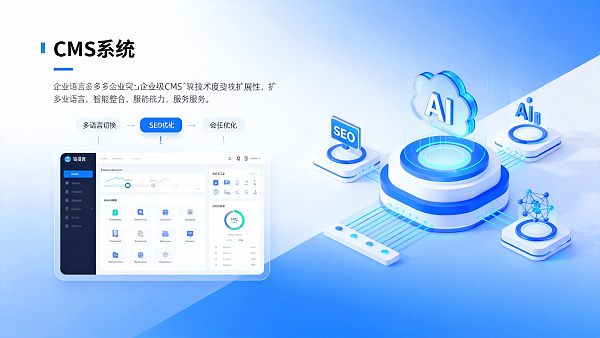
Definition and Overview: What is an Enterprise-Level Multilingual CMS?
An enterprise-grade multilingual CMS (Content Management System) is a content management system designed specifically for multinational businesses. It supports simultaneous publishing of multilingual content, independent domain configuration, localized SEO strategy deployment, and high-concurrency access handling. Unlike traditional self-service website building systems, it not only provides visual editing functions but also emphasizes the scalability, security, compliance, and seamless integration with third-party marketing ecosystems of its underlying architecture. For example, the ability to quickly access domestic ICP filing service accounts is a crucial step in ensuring compliant operation both domestically and internationally. Such systems typically target complex scenarios such as cross-border e-commerce website building, overseas brand promotion, and global service delivery, requiring platforms with advanced features such as AI translation calibration, intelligent TDK generation, and responsive page adaptation. YiYingBao Intelligent Website Building System is a global website building SaaS platform built on this concept, integrating NLP (Natural Language Processing) and multimodal AI generation technologies to achieve end-to-end automation from content creation to online publishing.
Market Analysis: The Explosive Growth Trend of Global Website Building SaaS Platforms
According to Statista data, the global SaaS market exceeded $230 billion in 2023, with enterprise-level website building and digital marketing applications continuing to rise in market share. Particularly against the backdrop of the RCEP agreement's advancement and the accelerated export of Chinese manufacturing, the demand for cross-border trade website building has seen an annual growth rate of 37%. SMEs are no longer satisfied with single-language websites or static templates; instead, they seek intelligent platforms that can dynamically respond to different market user behaviors, search engine rules, and cultural preferences. At the same time, mainstream channels such as Google and Meta are placing higher demands on website quality scores (EEAT standard), loading speed, and mobile adaptation, further widening the gap between ordinary website building tools and enterprise-level systems. Under this trend, AI-powered multilingual website building systems have become the new standard—not only can they automatically identify visitor geolocation and switch language versions, but they can also optimize page structure based on local search keywords, significantly improving the efficiency of acquiring organic traffic. As a Google Premier Partner and Yandex core partner, EasyCreative ensures millisecond-level response times for its global SEO website building system, leveraging its CDN nodes covering seven continents, helping clients gain a competitive edge.
Comparative Analysis: Core Differences Between Enterprise-Level CMS and Ordinary Website Building Tools
As shown in the table above, the enterprise-level system leads across the board in key performance indicators. Especially in the process of building websites for cross-border e-commerce, search engines are increasingly stringent in their comprehensive evaluation of site authority, content originality, and user experience, making it difficult for ordinary tools to meet compliance requirements. However, YiYingBao, through its self-developed AI algorithm platform, achieves a closed loop of "detection-diagnosis-optimization," generating thousands of high-quality pieces of content daily that are relevant to the local context, significantly reducing the operational threshold.
Application scenario: Who needs a truly global website building SaaS platform?
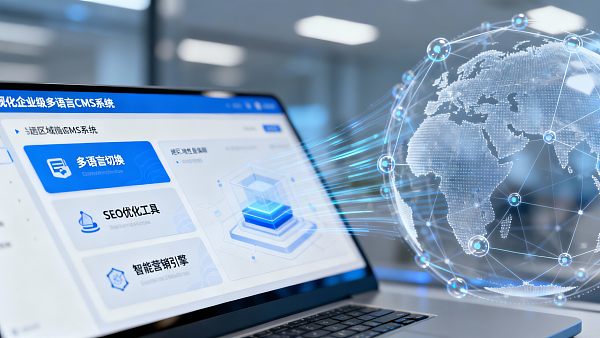
- Manufacturing companies going global: need to establish independent brand images in Europe, America, Southeast Asia and other regions, and achieve differentiated content delivery through regionally targeted website building solutions;
- Cross-border e-commerce teams: While operating multiple Amazon and Shopify stores, there is an urgent need for a unified brand website to support them, improve repurchase rates and user stickiness;
- Education and consulting service company: Provides international clients with functions such as course introductions and appointment consultations, relying on multilingual forms and local payment integration;
- Startup tech companies: Planning to raise funds overseas or launch new products need to quickly build a highly credible official website and complete the dual filing process both domestically and internationally.
In these scenarios, while responsive self-service website building systems can be deployed quickly, they come with high maintenance costs and struggle to handle the complexities of operating in multiple markets simultaneously. In contrast, enterprise-grade multilingual CMS offers a modular architecture and centralized management backend, supporting team collaboration, hierarchical access control, and version control, truly achieving "build once, operate globally."
Client Case Study: The Global Transformation Path of a Mechanical and Electrical Equipment Manufacturer
A Zhejiang-based company specializing in industrial pumps and valves previously used a well-known website building platform to build its English website, but it consistently faced issues with low Google rankings and an inquiry conversion rate of less than 1.2%. After integrating with the YiYingBao intelligent website building system, we deployed a trilingual (Chinese, English, and German) independent website for them. We utilized an AI translation engine combined with an industry terminology database for precise localization, and optimized H1 tags, image ALT attributes, and internal link structure through a global SEO website building system. Simultaneously, we leveraged AI keyword expansion to discover over 800 long-tail keywords, automatically generating product descriptions and blog posts. Within three months, the website's organic traffic increased by 320%, conversations in the German market increased by 410%, and the average dwell time increased from 1.4 minutes to 3.8 minutes. More importantly, the system automatically completed the domestic ICP filing service account application process, ensuring that domestic promotion and overseas operations were not compromised.
Why choose YiYingBao? — Certain growth driven by technology
- AI-native architecture: Unlike simple shell systems, our platform is built on 15 core technology patents and supports batch generation of AI-generated images, intelligent copywriting, and advertising materials.
- End-to-end closed loop: From website building, SEO, social media to advertising, all functions are integrated into the same platform to avoid data silos;
- Localized service capabilities: A nationwide network of agents in 30+ provinces and cities, and branches in the United States and Singapore, providing 7×12-hour technical support;
- Authoritative ecosystem partnerships: As an official Meta agent and a top Google partner, we ensure the health of your ad accounts and priority access to traffic.
- Continuous evolution mechanism: The algorithm platform iterates more than 12 times a year, keeping up with the pace of search engine updates and always maintaining a leading edge.
For users, this means lower learning costs, higher execution efficiency, and greater control over results. Whether you are an information researcher evaluating cross-border e-commerce website building solutions or an operator responsible for daily operations, EasyCare can provide you with a stable, intelligent, and measurable growth path.
Common Misconceptions and FAQs
Q: Is translation all that's needed for multilingual websites?
A: It's much more than that. Simple machine translation often leads to semantic errors and even cultural clashes. A truly multilingual foreign trade website building system should combine AI semantic understanding with human review mechanisms to ensure that the content is both accurate and conforms to local expression habits.
Q: Is it necessary for small businesses to use an enterprise-level CMS?
A: If you plan to expand into overseas markets or already have a certain traffic base, the answer is yes. Using a professional system early on can avoid SEO losses and data disruptions caused by migration later.
Q: Will filing for recordation affect access to overseas websites?
A: No. With a reasonable server deployment strategy (such as domestic registration + overseas DNS resolution), both compliance and performance can be achieved. The domestic ICP registration service number is a key element in achieving this balance.
- Platform
- Foreign Trade Website
- Mobile-friendly
- Google ranking
- Brand Promotion
- Campbell (name)
- SEO
- free-standing station
- Intelligent website building system
- SEO optimization
- Intelligent website building
- AI Translation
- EasySite Intelligent Website Builder
- AI Translation Engine
- Multilingual website
- Multilingual Foreign Trade Website System
- Global Website SaaS Platform
- Cross-border E-commerce Website
- Responsive self-service website system
- AI multilingual website system
- Global SEO Website System
- Geo-targeted Website Solution
- Enterprise Multilingual CMS
- Cross-border E-commerce Website
- Foreign Trade Website System
- Multilingual Website System
Related Articles
Related Products



